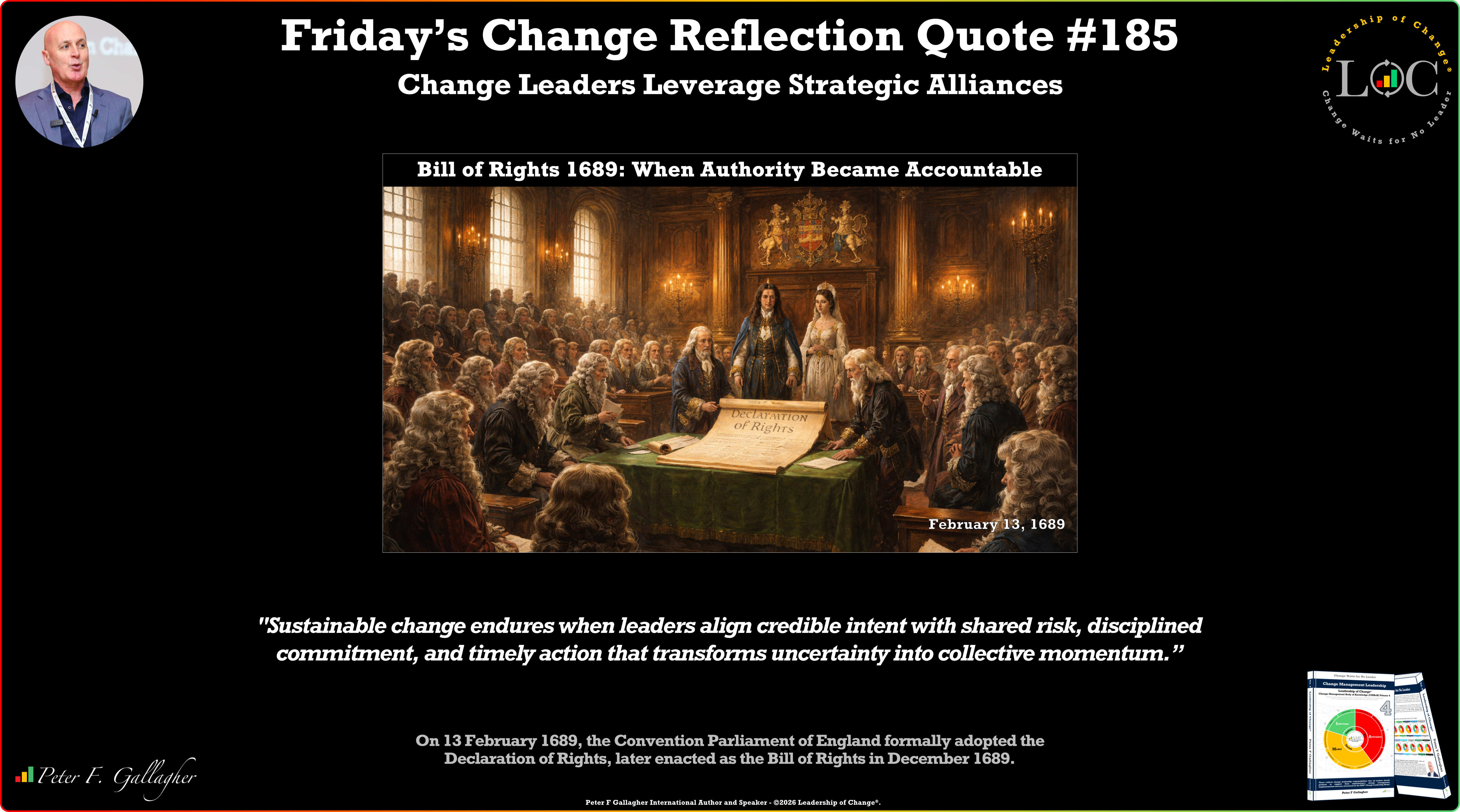Dec27

Companies increasingly rely on external vendors to meet their operational needs and drive growth in today's dynamic business landscape. Navigating vendor relationships has become a critical skill for businesses aiming to stay competitive and agile. Successful collaboration with vendors requires more than just signing a contract; it demands a strategic approach that fosters mutual understanding, trust, and long-term success. This blog post will explore key strategies for navigating vendor relationships and maximizing their value.
Clarity is the foundation of any successful relationship. Clearly define your expectations and objectives from the outset. Whether it's delivering a product, providing a service, or meeting specific performance metrics, establishing clear expectations ensures that both parties are on the same page. This clarity minimizes misunderstandings and sets the stage for a productive partnership.
Communication is essential in any relationship, and vendor relationships are no exception. Promote open and transparent communication channels to encourage the free flow of information. Regular updates, status reports, and feedback sessions contribute to a collaborative environment, enabling both parties to address issues promptly and work towards continuous improvement.
In the dynamic landscape of business, cultivating strong vendor relationships is paramount to success, and one avenue that holds significant potential is partnering with wholesalers. These strategic collaborations can be likened to the backbone of a thriving enterprise, providing a steady supply of goods and services that are essential for operations. Nurturing vendor relationships, particularly with wholesalers, involves fostering open communication, transparency, and mutual trust. By maintaining a clear line of communication, businesses can ensure that their specific needs are met, and potential challenges are proactively addressed. Wholesalers, with their extensive industry knowledge and distribution networks, play a pivotal role in streamlining the supply chain and enhancing overall efficiency.
Take, for instance, a gifting business that specializes in creating curated gift trays for various occasions. Wholesalers become essential partners, supplying everything from artisanal snacks and gourmet treats to elegant packaging materials, like wholesale trays.
Successful vendor relationships go beyond transactional interactions. Building a strong, collaborative relationship involves understanding your vendor's business and aligning their goals with yours. Invest time in getting to know your vendors on a personal level, as this can lead to increased loyalty and a deeper commitment to your shared success.
While trust and communication are vital, a robust contract is equally important. Clearly outline the terms and conditions, including deliverables, timelines, and pricing structures. A well-drafted contract provides a legal framework that protects both parties and sets the stage for a fair and equitable partnership.
Assess potential risks associated with vendor relationships and implement mitigation strategies. This involves understanding the vendor's financial stability, contingency plans, and disaster recovery capabilities. A proactive approach to risk management ensures that your business remains strong, even in the face of unexpected challenges.
Establish key performance indicators (KPIs) to measure and monitor vendor performance. Regularly evaluate the vendor's adherence to these metrics, and use the data to identify areas for improvement. This data-driven approach enables both parties to stay accountable and continuously enhance the quality of their collaboration.
The business landscape is dynamic, and agility is crucial for success. Be prepared to adapt to changes and work collaboratively with your vendors to navigate unforeseen challenges. A flexible mindset allows for adjustments to be made without jeopardizing the overall success of the relationship.
Like any other aspect of business, vendor relationships should be subject to continuous improvement. Regularly assess the partnership, seek feedback from both sides, and identify opportunities for enhancement. This commitment to ongoing improvement ensures that the relationship remains dynamic and responsive to changing business needs.
Conclusion
Navigating vendor relationships is integral to modern business strategy. Businesses can build strong and resilient partnerships that drive mutual success by focusing on clear communication, transparency, and collaboration. Approach vendor relationships as long-term collaborations rather than mere transactions, and invest the time and effort needed to cultivate a productive and beneficial alliance. With the right strategies in place, businesses can navigate vendor relationships effectively and leverage them as a strategic advantage in today's competitive marketplace.
Keywords: Business Strategy
 Testing Suez: Economics Are Driving Carriers Back Into the Red Sea
Testing Suez: Economics Are Driving Carriers Back Into the Red Sea Mastering Social Media in 2026: Optimizing Networking and Advocacy for the Digital Age
Mastering Social Media in 2026: Optimizing Networking and Advocacy for the Digital Age Friday’s Change Reflection Quote - Leadership of Change - Systemic Change Follows Failed Governance
Friday’s Change Reflection Quote - Leadership of Change - Systemic Change Follows Failed Governance Who Are You Under Pressure - And Is That the Real You?
Who Are You Under Pressure - And Is That the Real You? LinkedIn Voice for Sales
LinkedIn Voice for Sales